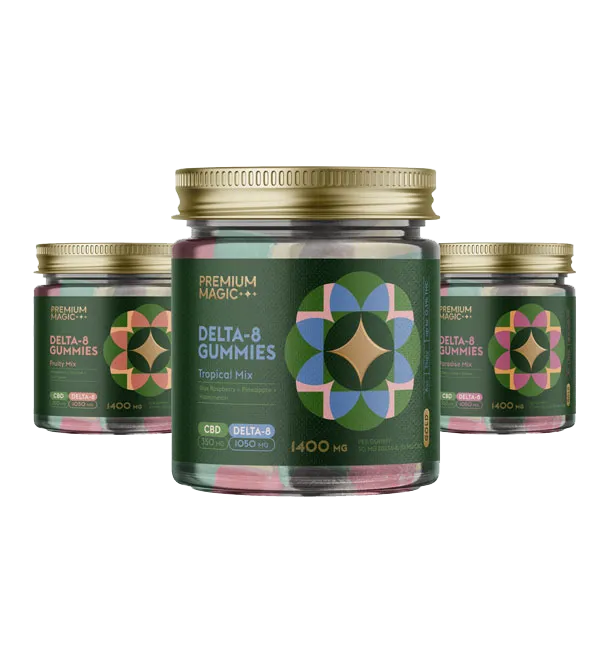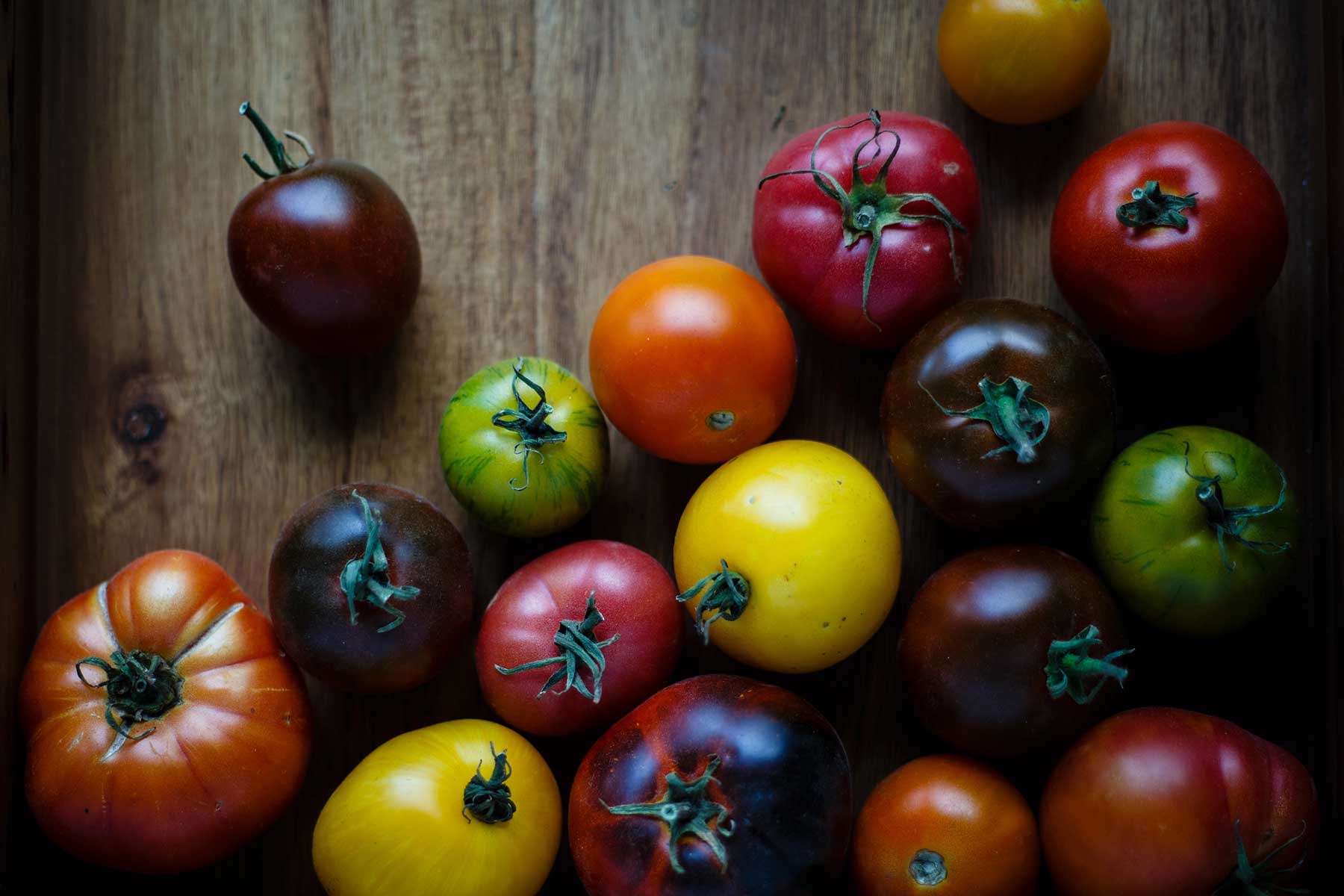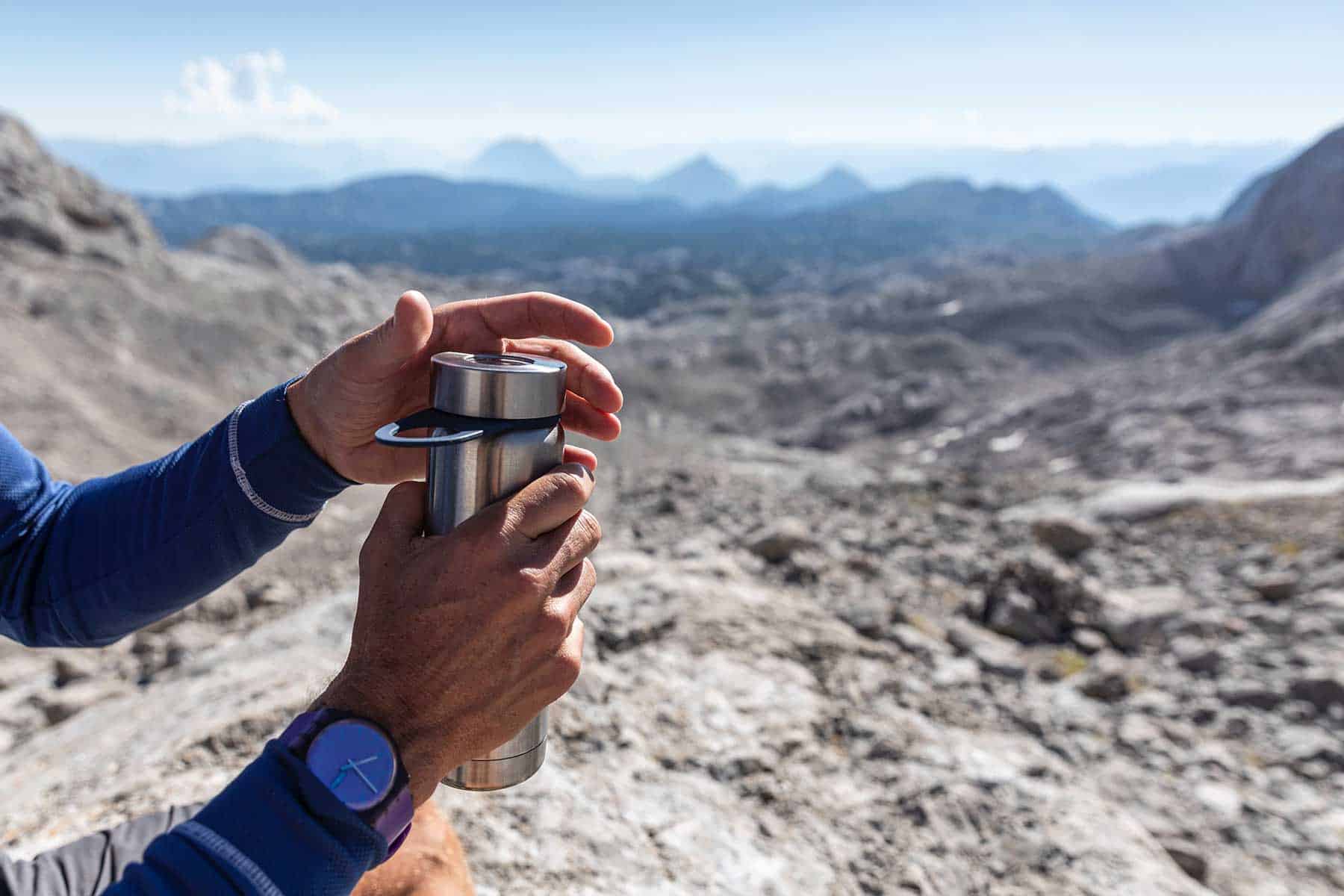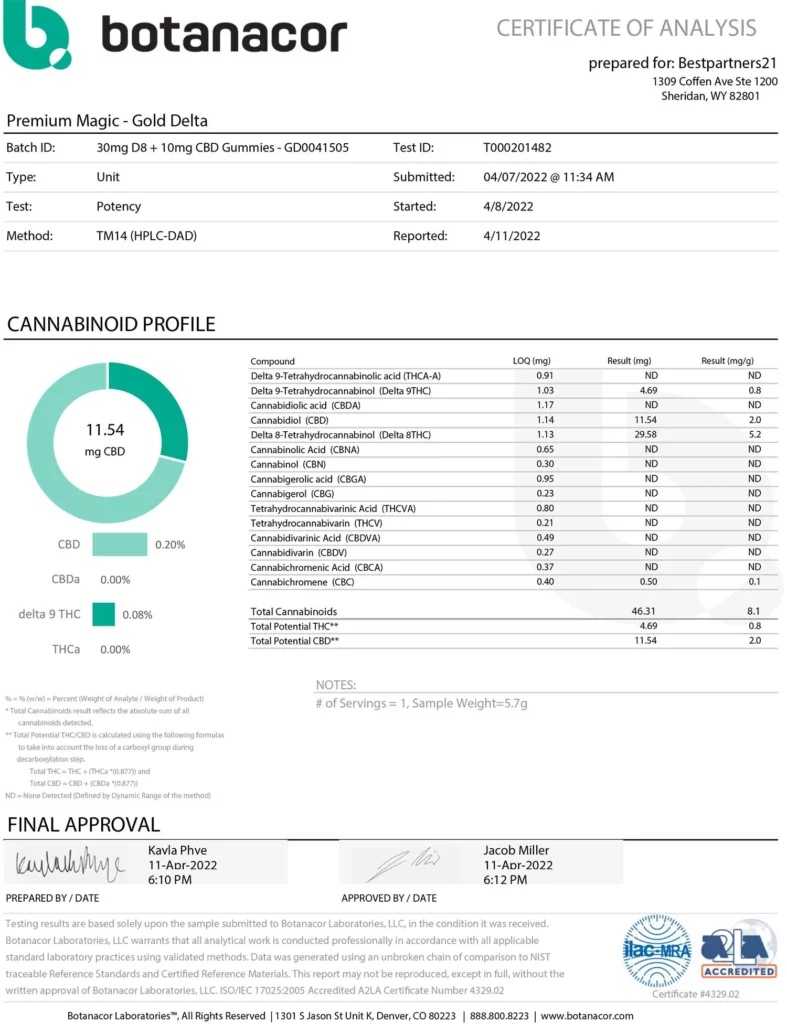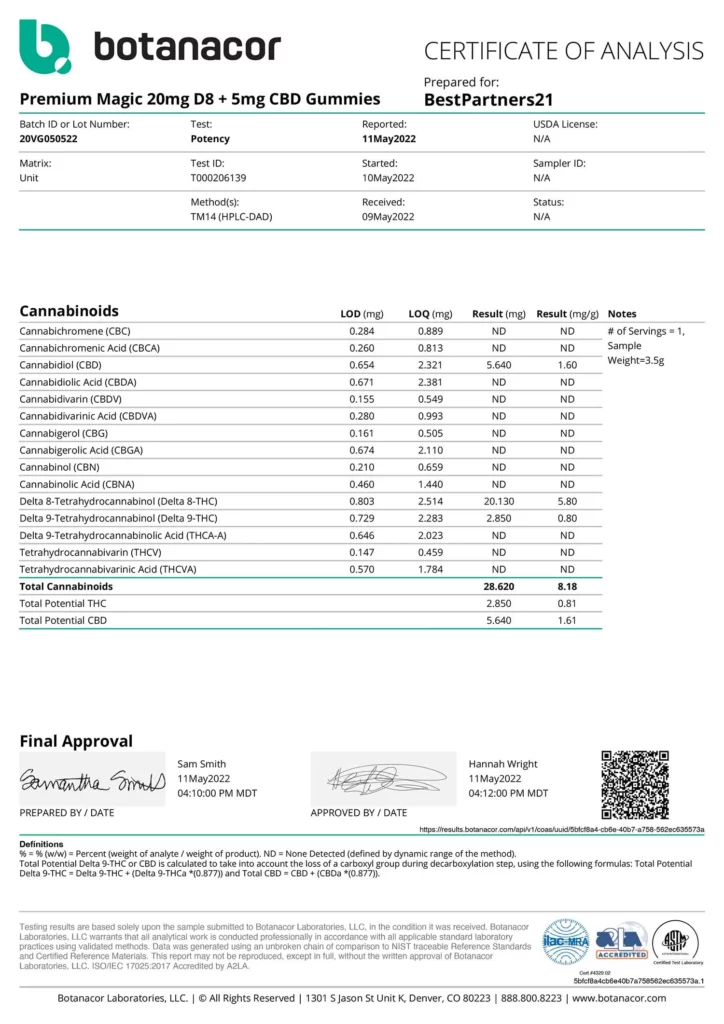
The Deep Connection Between Nutrition, CBD and Sleep

Have you ever wondered why some foods make you feel drowsy while others give you a burst of energy? The foods you eat have a profound effect on how you sleep. Understanding the connection between your CBD and sleep routine can be the key to improving both.
Just think about it. You might notice that after a heavy meal, your eyelids get heavy. Or maybe, on days you skip meals or eat too much sugar, you find it hard to drift off at night. That’s not a coincidence. The foods you put on your plate play a significant role in how well you rest at night.
Dive into this article to explore the deep connection between nutrition, CBD and sleep. By the end, you’ll have a clearer idea of how to adjust your meals for a better night’s sleep.
What Happens When We Sleep?
When you lay your head on the pillow and close your eyes each night, your body embarks on a fascinating journey. Sleep isn’t just a passive state where nothing happens; it’s an active and dynamic process, crucial for your overall well-being.
During the first stages of CBD and sleep, you transition from wakefulness to light sleep. Your heart rate slows down, and your body temperature drops a bit. As you move into deeper sleep stages, your muscles relax further, and your breathing becomes more regular.
But the real magic happens during the REM (Rapid Eye Movement) stage. This is the part of the night when most of our dreaming occurs. Your brain becomes more active, and while your body remains mostly paralyzed, your eyes move rapidly under your eyelids. This stage is vital for memory consolidation and learning. So, if you’re trying to pick up a new skill or remember something important, CBD and sleep plays a key role.
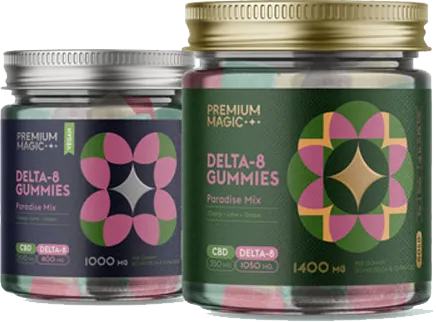
Gold + Silver Paradise Mix
Original price was: $154.98.$68.99Current price is: $68.99.
Or Subscribe and Save 30%
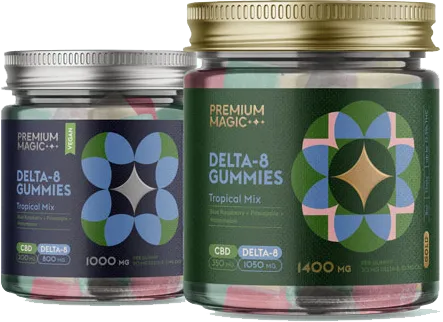
Gold + Silver Combo Tropical Mix
Original price was: $154.98.$67.99Current price is: $67.99.
Or Subscribe and Save 30%
Why Is Sleep Important for Our Health?
Understanding the value of CBD and sleep is vital. It’s not just about feeling alert the next day; it’s about long-term health benefits. When you consistently get a good night’s sleep, you’re doing wonders for your health.
- Body Repair and Growth: During sleep, your body works hard to repair and grow tissues. If you’re an athlete or someone who exercises regularly, sleep is when the muscle repair happens. And for kids and teens, growth hormones are released during deep sleep.
- Boosting Immunity: Ever noticed you’re more likely to catch a cold when you’re sleep-deprived? That’s because sleep helps strengthen your immune system. When you’re well-rested, your body can more effectively fight off infections.
- Mental Health: Sleep isn’t just essential for your physical health but also for your mental well-being. Chronic sleep deprivation can lead to mood swings, anxiety, and even depression. Getting adequate sleep can help regulate your emotions and keep stress levels in check.
- Memory and Cognition: As mentioned earlier, CBD and sleep is crucial for memory. But overall, a good sleep pattern can enhance your problem-solving skills, creativity, and decision-making abilities. If you’ve ever struggled to think clearly after a bad night’s sleep, you know how essential rest is for your brain’s functionality.
Nutrition’s Role in Sleep Quality
You might not always consider how the foods you eat impact the quality of your sleep. It’s a connection that doesn’t always make the headline but is crucial to understand.
Foods that Promote Sleep
Some foods can actually promote better sleep. For instance, foods rich in magnesium, like almonds and spinach, have a natural relaxing effect on your muscles and nerves, which can lead to a more restful night.
On the other hand, cherries are one of the few natural sources of melatonin, a hormone that helps regulate CBD and sleep. Consuming them regularly can adjust your body’s internal clock and improve your sleep quality. Turkey and other poultry, rich in tryptophan, contribute to the production of melatonin as well.
Foods that Hinder Sleep
But it’s not all good news. Some foods and drinks can interfere with your sleep. For example, large meals loaded with fats and spices can lead to discomfort and indigestion, keeping you awake at night. Ever noticed how difficult it is to fall asleep when your stomach is upset? That’s your body telling you that it’s working overtime to process what you ate.
The Effects of Caffeine, Sugar, and Other Stimulants on Sleep
Caffeine
Everyone knows a cup of coffee can wake you up in the morning, but did you know that it can continue to affect your body long after that initial jolt? Caffeine, found not just in coffee but also in tea, cola, and chocolate, can stay in your system for up to eight hours. So that afternoon cup of coffee might be the reason you’re tossing and turning at night.
Sugar
And then there’s sugar. Who doesn’t love a sweet treat? But be careful – while sugar might give you a quick energy boost, it’s often followed by a rapid drop in energy levels. This crash can leave you feeling restless and jittery, making it harder for you to fall asleep.
Finding the Right Balance
So, how can you use this information to get better CBD and sleep? Start by paying attention to your body. Notice how different foods and drinks affect your energy levels and mood, both immediately and in the hours that follow. Try to limit caffeine and sugar, especially later in the day, and focus on including more sleep-promoting foods in your diet.
The Surprising Link Between Diet Choices and Sleep Patterns
Understanding the connection between what you eat and how you sleep can be a secret weapon for improving your overall health and well-being. It’s not just about the type of foods you eat, but also when you eat them and in what combination.
How Meal Timing Can Affect Sleep
Ever had a late dinner and found yourself unable to fall asleep? Or perhaps you’ve felt that afternoon slump after a big lunch? Your meal timing plays a crucial role in how well you sleep. Eating large or heavy meals close to bedtime can make you feel uncomfortable and keep you awake. Your body needs time to digest food; when you eat too late, your body is still hard at work when it should be winding down for sleep.
To give yourself the best chance at a restful night, try to have your meals at regular intervals and make your dinners light and easy to digest. Avoiding big meals within three hours of bedtime can make a noticeable difference to your CBD and sleep quality.
The Impact of High-Carb vs. High-Fat Diets on Rest
The type of diet you follow also impacts your CBD and sleep patterns. A diet high in carbohydrates, especially refined carbs like sugar and white bread, can lead to fluctuations in your blood sugar levels. These ups and downs can disrupt your CBD and sleep, causing you to wake up during the night and have trouble getting back to sleep.
CBD and Sleep: What’s the Connection?
In the journey to understand CBD and sleep better and explore ways to improve it, you might have come across CBD and sleep. These compounds have gained attention for their potential effects on sleep. But what exactly are they, and how can they influence your nightly rest?
What is CBD and Delta 8
CBD, or cannabidiol, is a natural compound found in cannabis plants. It’s not intoxicating, meaning it won’t make you feel “high.” Many people use it for relaxation, pain relief, and yes, improved sleep.
Delta 8 is another compound found in cannabis, but it’s less well-known than CBD and sleep. It has a mild psychoactive effect but is generally considered to be less potent than the more familiar THC. Like CBD, Delta 8 is also linked to feelings of relaxation and calm.
How They Can Influence Sleep Patterns and Quality
So, how do these compounds fit into your sleep puzzle? CBD is known for its calming effects. It can help reduce anxiety and promote relaxation, creating a mental and physical state that’s conducive to sleep. If you’re someone who lies awake due to stress or anxiety, CBD and sleep might offer a natural pathway to more restful nights.
Delta 8, with its mild psychoactive effects, can also promote relaxation. It may help you fall asleep faster and stay asleep longer. While research is still in the early stages, some users report feeling more rested and refreshed after using Delta 8.
Concluding Thoughts:
Have you ever realized how your food choices throughout the day influence the sleep you get at night? The foods you eat, their nutrient content, and even the timing of your meals, all play a significant role in how well you rest. It’s a connection that is often overlooked, but as you’ve seen, it’s impossible to separate the two.
Nutrients like magnesium, calcium, and vitamin D, along with your carb and fat intake, directly impact your sleep quality. Even compounds like CBD and Delta 8 have a role to play in how relaxed and ready for sleep you feel when the night comes.
But it’s not just about picking the right foods. It’s about a holistic approach where your entire lifestyle, including your diet, works in harmony to support better sleep and, by extension, better health. Small changes to your diet, paying attention to meal timing, and choosing foods rich in sleep-promoting nutrients can transform those restless nights into periods of deep, restful sleep.
